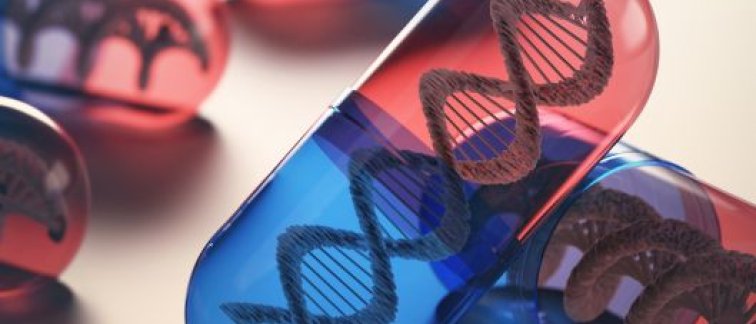patients with unmet needs. However, the current regulatory landscape and high
treatment costs pose formidable obstacles. Several Dutch patient groups have
joined forces in an effort to pave the way for these new therapies.
To date, the European Medicines Agency has approved 13 personalized cell and gene therapies under the regulation of ‘advanced therapy medicinal products’, including cell-based immunotherapies against cancer such as CAR T-cell therapy. Considering the rapid development of new personalized therapies currently in preclinical settings, it is expected that these novel treatments will provide significant benefits to patients with unmet needs.
However, treatment costs are very high, limiting the availability of personalized cell and gene therapies. In addition, patients with very rare conditions may fall by the wayside as high development costs and small patient numbers in support of clinical trials impede (pre)clinical research and market approval. To overcome these obstacles, patient groups - including the Dutch Federation of Cancer patient organizations - have joined forces in the patient platform ‘Gene and Cell Therapy’.
A coming tsunami
Amsterdam UMC announced that, for the first time in the Netherlands, a patient with a rare hereditary disease received a highly personalized experimental treatment based on CRISPR gene editing technology to overcome a disease-causing DNA mutation. This is only one example of the many new DNA or cell-based therapies that are under development or have been introduced in the clinic recently.
Cancer Center Amsterdam researchers are already working on gene and cell therapy approaches. Professor Marie José Kersten and her team have led the national implementation of Chimeric Antigen Receptor (CAR) T-cell therapy for cancers arising from the blood, bone marrow or lymph nodes. Victor van Beusechem, Professor of Applied Molecular Oncology, is investigating experimental cancer treatments using viral gene therapy. He is also the president of the Netherlands Society of Gene & Cell Therapy.
The ADORE center currently under construction at the Amsterdam UMC De Boelelaan location will contain a clinical-grade manufacturing facility to facilitate the development of new cell therapies.
Gene and cell therapy stakeholders meeting
On June 15 and 16, researchers, clinicians, patient group representatives, and other stakeholders will come together to discuss progress in the field of cell and gene therapy and address the obstacles that currently limit availability and access to these treatments.
A manifest published by the patient platform Gene and Cell Therapy indicates four major focus areas:
- start a dialogue considering effectiveness, side effects, and quality of life early in the development
- limit the number of national treatment facilities to facilitate the rapid build up of knowledge by seeing more patients at a centralized care center
- policies and oversight that promote treatment accessibility by preventing cost-associated barriers
- timely implementation and availability of cell and gene therapies in the Netherlands or possibilities to receive these treatments abroad
Closing the gap between preclinical research and experimental treatments
Professor van Beusechem: “We can identify patients with cancer who have exhausted available treatments but may still benefit from experimental therapies. However, we cannot treat most of these patients as the therapy has not been approved for the specific tumor at hand. Therefore, we need to re-think the criteria of patient-eligibility for cell and gene therapy. At the same time, we need to ensure safety, quality of life, transparency, and scientific standards for clinical research while keeping costs at bay.”

Prof. Victor van Beusechem.
For more information contact Professor Victor van Beusechem.
Text by Henri van de Vrugt.

